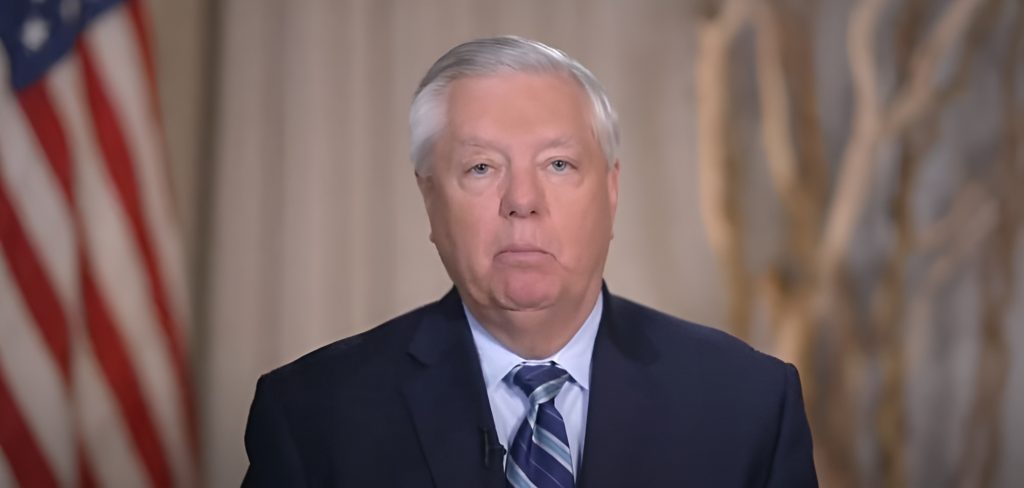Graham Backs Trump’s NATO Stance: Pay Up or Face Consequences

Senator Lindsey Graham (R-S.C.) has endorsed former President Trump’s position on NATO contributions, emphasizing the importance of member nations meeting their financial commitments to the alliance, according to reporting by The Hill. Responding to Trump’s recent remarks regarding NATO funding, Graham asserted his support for measures to ensure fair burden-sharing among member states during an interview on CBS’s “Face the Nation.”
“I want to have a system where if you don’t pay, you get kicked out. But no, I’m not inviting Russia to invade Ukraine,” Graham stated emphatically on Sunday. “President Trump is right to want NATO nations to meet their obligation of 2 percent.”
Highlighting the significance of financial commitments, Graham emphasized, “We need to turn it into an obligation that means something. I’m a big fan of NATO, but there’s $70-80 billion left on the table. If you’re in NATO, pay the 2 percent.”
Trump’s advocacy for increased NATO contributions has sparked division within the Republican Party, with some members supporting his stance while others express reservations. Trump’s push for member nations to allocate 2 percent of their GDP to defense spending aligns with NATO Secretary-General Jens Stoltenberg’s objectives, with half of the alliance expected to meet this benchmark by 2024.
“I think what’s appropriate is for everybody to meet the obligation of 2 percent,” Graham reiterated.
The former president’s remarks have drawn criticism from some quarters, including President Biden, who characterized Trump’s comments as “appalling and dangerous.” Biden condemned the notion of providing a “green light” to Russian aggression, emphasizing the need to uphold commitments to Ukraine and other NATO allies.
Trump’s consistent pressure on NATO members to increase their financial contributions reflects his broader skepticism towards international alliances and his “America First” approach to foreign policy. While his stance garners support from some within the Republican Party, it also underscores ongoing debates regarding the United States’ role in global security and the principles guiding international cooperation.

